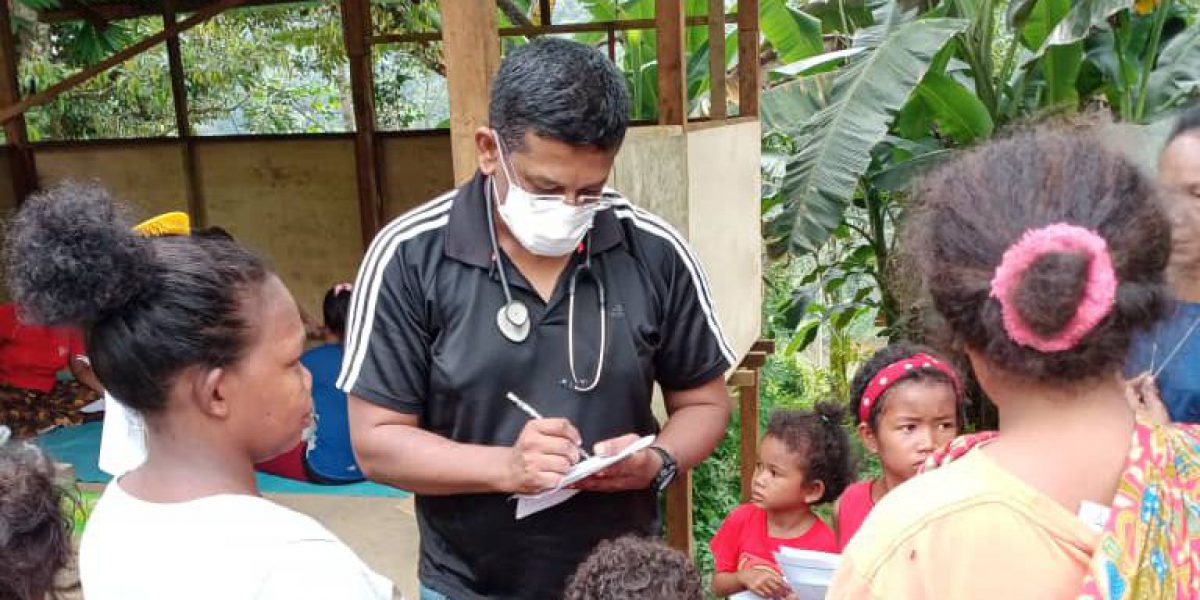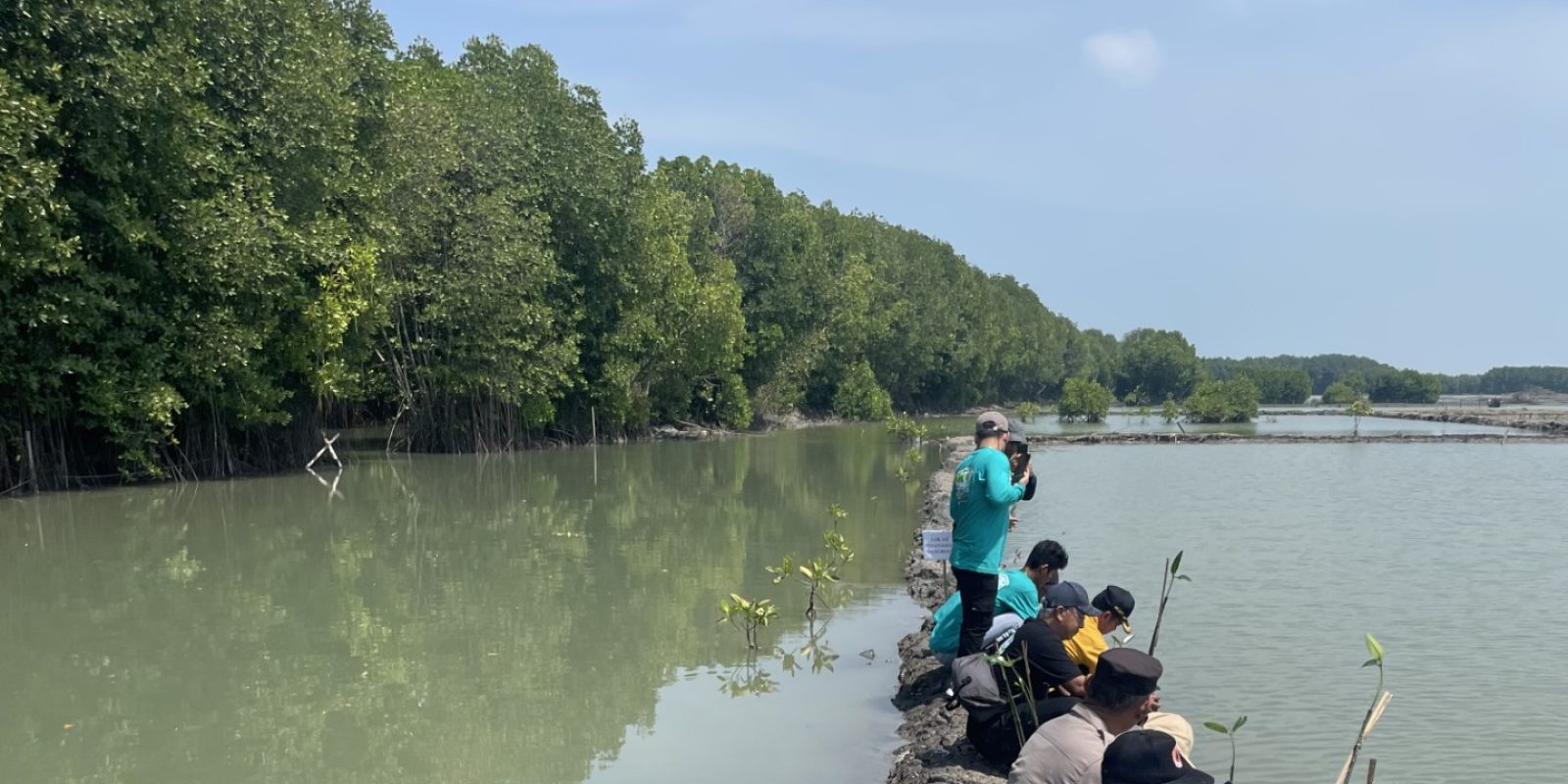Malaysia: Helping indigenous communities
31 December 2020|JRS Asia Pacific

JRS commits to ensuring that no one is left behind from the assistance to vulnerable communities in Malaysia. Especially during COVID-19, asylum seekers, refugees, and those without documentation, were not only the ones who were severely affected with loss of livelihood. Those who had been living in the outskirts of Malaysia such as the Orang Asli community had also been suffering with the lack of resources that are available.
The Orang Asli community is a group of indigenous people in one of the remote areas in Malaysia named Gerik in Perak which borders Kedah and Penang states. They have been internally displaced due to the deforestation of their natural habitats in the jungle.
During COVID-19, the Orang Asli community has lost their livelihoods because they cannot go to the nearest city to sell their agricultural products to markets and they had little cash to spare.
Most of the health problems they suffered include acute starvation and protein deficiency. The Orang Asli community in several areas were left out without any aid. The main reasons are because most of them live in remote areas and they lack of documentation such as a national ID.
JRS, New Thessalonian Apostolate (NTA), and The Ministry of Orang Asli from the church of St. Michael in Ipoh, provided staple food such as rice, sugar, milk, oil, tea from the ministry, and also conducted health check-ups for children and sick persons, since the nearest clinic was closed due to the pandemic.


